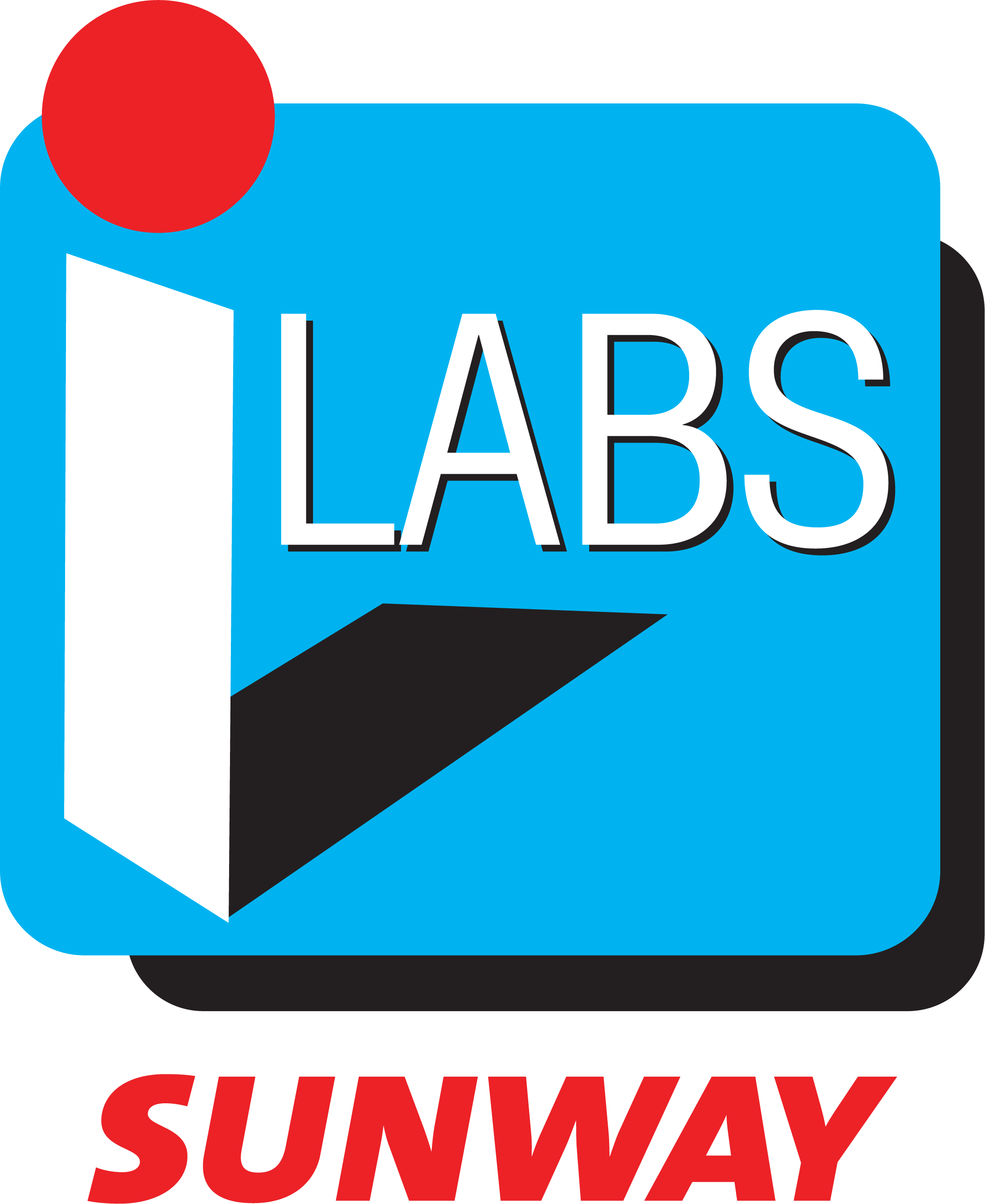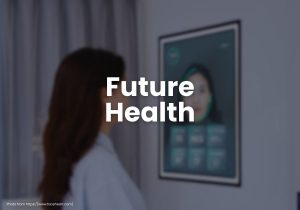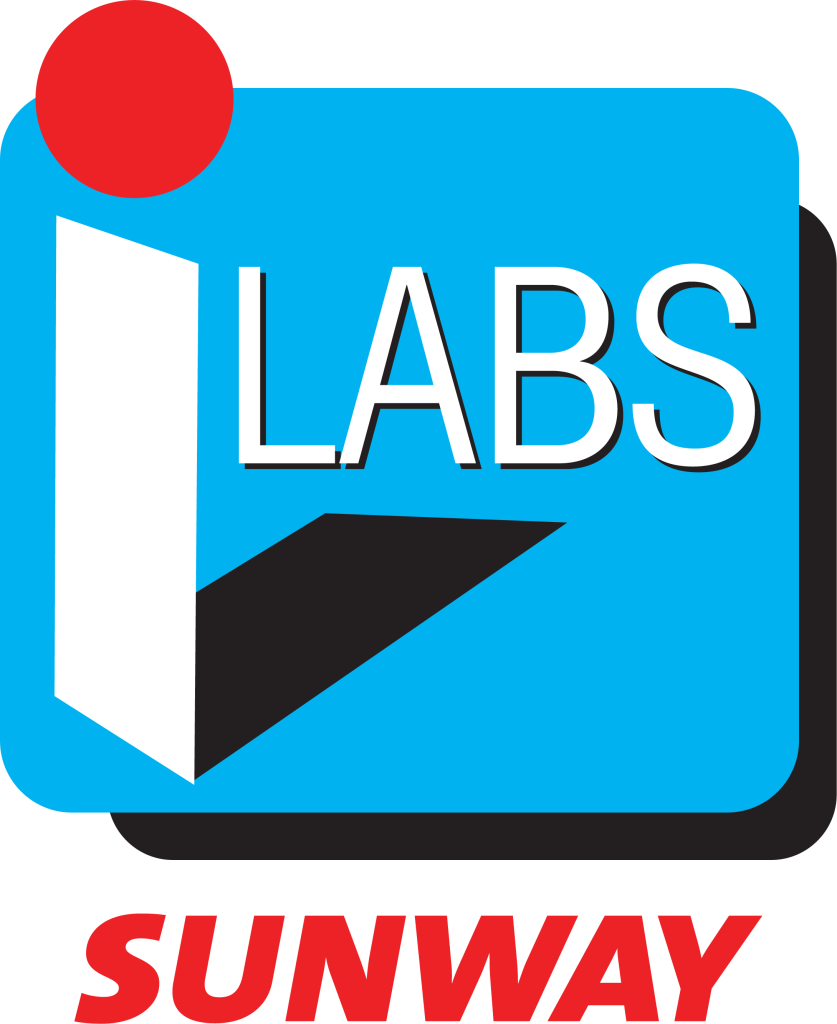
Written by Dr. Beh Ching Yew
While most companies are busy thinking about business survival, are we spending enough time to think about tapping the opportunities of tomorrow? The recent COVID-19 crisis had hugely disrupted every aspects of the working and living ecosystem globally. Governments worldwide had declared the movement control order and to a greater extent, a total lockdown to curb the spread of infection, and thus physical social interactions are no longer feasible and becomes a challenge for most of us. This has clearly underscored one of the gaps in technologies to enable such virtual experience of access in absence of access, especially for human social interaction.
It is therefore paramount that we reflect on our readiness to integrate and use such technologies as well as the availability and resources to support such disruptive technologies. In many ways, the crisis had fast-tracked and prompted us to think and keep innovating our ways of living in anticipation of the future smart and sustainable cities horizon 2030. This period has showed us many ways that businesses and education can digitally transform. These are some wide-ranging pointers worth our thoughts on, these include but not limited to:
- Future of skills and workforce – Are employees and employers preparing enough to upskill and/or re-skill their workforce to be ready to take on future roles? LinkedIn Talent Solutions 2019 report highlighted that skills surrounding social media marketing, workflow automation, artificial intelligence (AI), robotic process automation (RPA) are among the rising skills essential to transformation and innovation. There are multiple online platforms out there offering free webinars and trainings. You could explore those!
- New work and life routines and mental health – What will be the sort of new model for work-life balance considering the options to work remotely from home that are already in practice? How would the new model affect our mental health? It’s time for us to come up with better planning on allocation of time for work, and also personal time. The new normal takes us away from a routine of heading out and coming back into our homes (for those of us who were not already working from home. Now that our job as responsible citizens is TO stay at home, how are we going to draw the line between work, family, friends and personal time? Well, now is the best time to plot that out.
- Future use of space, for examples, shopping malls, leisure theme parks, hotels and resorts and business office – How could we transform the use of spaces at the malls, theme parks and hotels, and office if we no longer have visitors or occupants at those spaces? As tough as it is for these businesses to be going through this, we need to also think about reinventing spaces, with the current situation. It’s time to think out of the box, and see if business could move to online platforms. E-commerce has a spotlight right now, being the only way, people could get both essential and non-essential items.
- Education and learning technologies – How the virtual education and learning experience can remain as effective if not better as the conventional physical delivery mode? Many educational institutions and lecturers/teachers have been so used to the traditional teaching method, that now, they have been left with no choice, but to learn up on online platforms. With that being said, there are more questions being raised on how exams are going to be carried out, and are these exams going to carry the same weight as the traditional ways of paper-based exams? There is so much room for ideas, and this is there we have the chance to witness more digital transformations.
- Virtual business continuity and operations – How agile and seamless are we to shifts between the offline and virtual business operations to keep pace with productivity? Are physical retailers AS necessary as we thought they were? How is everything moving to online platforms now? Perhaps more SMEs could look into leveraging on the online programs that offer trainings on e-commerce, so they could level up their game.
- Future healthcare delivery – How could the conventional healthcare delivery be streamlined virtually to enable a more efficient and accessible healthcare for everyone? Digital healthcare is not entirely new, but it isn’t common either. Now that more hospitals are coming up with way stricter measures, many people with non-COVID related health issues struggle to get their regular check-ups. How do we address that? Perhaps digital transformation once again kicks in, in this field as well.
- Internet connectivity and cybersecurity – How prepared is the infrastructure and ecosystem to support the ever-increasing user needs for accessibility to high-speed internet? What sort of cybersecurity measures are in place to protect internet users from internet crimes?
- Sustainable agriculture and food security – How can we ensure there is enough quality food to feed the increasing world population albeit the adverse global climate changes and scarcity of resources and agriculture space limitations? We tend to rely so much on imported food, living in the city. Urban farming IS the “in-thing”, but it’s time for us to really learn up on it. Bring it to live. GROW them farms on our own balconies.
- Future physical space and home designs – How can future home designs can accommodate to the needs of home owners to ergonomically work and live within the same space?
- Touch-hungry and enabling virtual social interaction technologies – In the absence of physical human contact, how can we still communicate effectively in the virtual reality especially when conveying our emotions through virtual social tools? Studies showed that human physical touches can communicate a range of emotions, serving as an important social tool, and even the simple act of business handshake can reduce levels of the stress hormone cortisol in the human body.
Every challenge comes with an opportunity, and every recession comes with a recovery. Will we rise and grab these opportunities, or focus on the challenges and discuss further on them? This is indeed not a smooth ride for many businesses, employees, and entrepreneurs, but it certainly is a period that requires more adaptability and agility which we could enhance on.
At Sunway Innovation Labs, we constantly embrace and adapt to digital transformation and next generation technologies by curating research and innovation collaboration between Sunway University and all other Sunway Business Units (BU) of Sunway Group to create solutions with innovative expertise. We also work closely with industry partners to ensure that our work remain relevant and are solving the real problem statements and their pain points. Our doors are open (or in this case, inboxes) for you to always reach out seeking or providing opportunities in this crisis.




